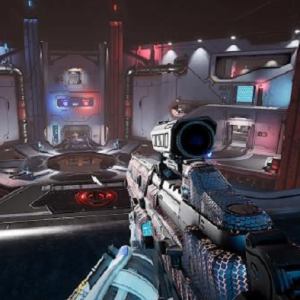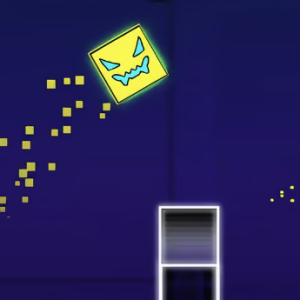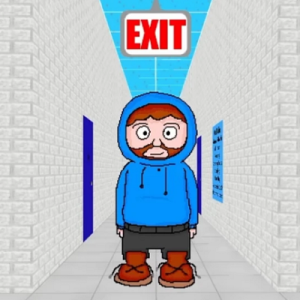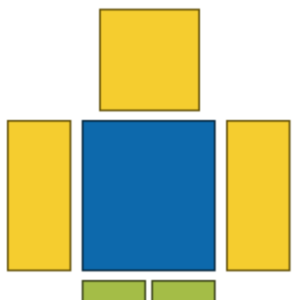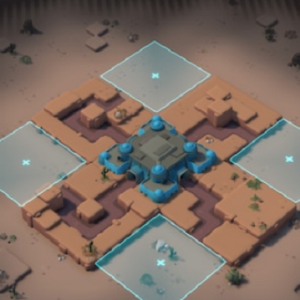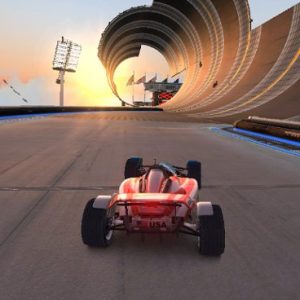Similiar games
Splitgate 3 continues the development of the portal-based arena shooter series by introducing refined mechanics, updated visuals, and a more structured multiplayer system. Built on a new engine, this third installment maintains the fast-paced gameplay that the franchise is known for, while adjusting systems around player progression, map dynamics, and cross-platform functionality. The game retains its identity through portal traversal, symmetrical level design, and competitive match flow. At the same time, it introduces new features that aim to expand its reach beyond previous entries.
Updated systems and technical improvements
One of the most significant changes in Splitgate 3 is its redesigned game engine, which improves lighting, hit detection, and frame stability across all supported platforms. The control system has also been reworked to be more responsive, with smoother portal placement and more consistent input handling. The matchmaking system now uses a combination of skill-based ranking and performance tracking, which is intended to create more balanced matches over time. While the core combat remains similar to previous titles, the game focuses more heavily on accuracy, timing, and use of terrain.
Game features and content options
Splitgate 3 introduces several new game modes and support tools for competitive and creative play:
- Ranked arena matches with seasonal resets
- Custom game browser for private lobbies
- Portal-only game type with limited weapons
- Expanded map editor with team collaboration support
- Reworked player hub with access to training simulations
These features are designed to accommodate both casual and competitive players, offering options for team coordination, tactical learning, and content creation. The new map editor, in particular, allows players to script certain game rules and test custom maps in real-time with friends or public users. Meanwhile, the ranked system includes divisions, rewards, and performance history.
Competitive design and balance
Maps in Splitgate 3 are built to encourage varied approaches to movement, attack, and defense. Portals remain a core mechanic, but some maps now feature limited-use portal zones or hazards that require more tactical planning. Weapons have been rebalanced to ensure that no class dominates the match, and equipment is standardized in most official game modes. The design supports solo and team strategies equally, and players can switch loadouts between rounds depending on match type. These adjustments help create a system where skill and positioning are more valuable than gear or perks.


